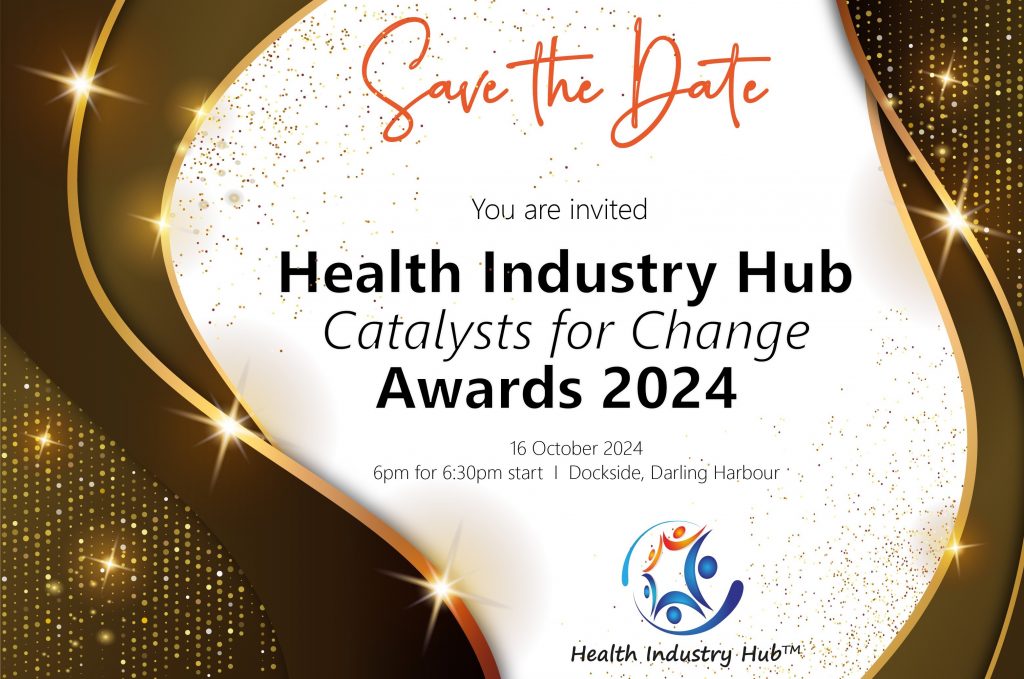ESG
Do we value money over people and the planet? Experts challenge priorities in healthcare sustainability
ESG: Majority (60%) of Australians feel a sense of urgency for healthcare to be delivered sustainably to minimise its environmental impact. However, 1 in 2 do not think that sustainable healthcare practices are being widely adopted, according to a survey from Philips Australia.
With the healthcare sector accounting for 7% of Australia’s total carbon emissions, a panel discussion led by Olesya Struk, Senior Director of Group Sustainability at Philips Australia & New Zealand and the Committee for Economic Development of Australia (CEDA), explored long-term strategies for embedding sustainability into healthcare.
Kylie Woolcock, CEO of the Australian Healthcare and Hospitals Association (AHHA), emphasised the importance of reducing low-value care.
“Estimates suggest only 60% of the healthcare we deliver is in line with guidance or guidelines, at least 30% is waste, duplication or low-value care, and the final 10% is care that leads to harm. So, doing less is an obvious way to reduce emissions.”
Aki Haukilahti, Vice President of Tays Heart Hospital in Finland discussed the impact of consumables and digital health on sustainability.
“The biggest issue is consumables. We need cooperation with the medical device industry to find solutions. The other challenge is services used to deliver care for the patients. Hospitals generate a lot of waste, with four kilos per patient on average at our site.
“By increasing the use of digital care services, we can have an impact. For example, all our pacemaker patients receive remote monitoring. That way we reduce hospital visits and the carbon footprint,” he explained.
Woolcock also highlighted the role of Health Technology Assessment (HTA) in promoting sustainability.
“HTA plays a big part. Our funding models need to incentivise high-value care. The regulation should enable our workforce to work to the top of their scope of practice, and ensure we’re measuring the right data. Consistency between the public and private sectors is a big one too,” she commented.
AHHA has partnered with the International Hospital Federation to accelerate sustainability in the health sector.
“It is about connecting a data-driven approach to hospital sustainability strategy and actionable insights,” Woolcock added.
Despite the launch of Australia’s first National Health and Climate Strategy last year, no funding was allocated in the May Federal Budget to advance it.
Angie Bone, Associate Professor at the Monash Sustainable Development Institute, expressed concerns about the adequacy of current efforts.
“Is what we’re doing enough? My fear is that it’s not enough,” she emphasised.
“We’re spending a lot of time optimising and stabilising our existing systems to do what we’re doing a little better. My concern is that as climate change progresses, we need to go through a massive transformation and we can either do that in a planned way or wait until the situation is so bad that we have no choice.”
Associate Professor Bone also raised critical questions about the impact of values and governance on sustainability initiatives.
“How do we value things? Is money the only thing that we care about or do we care about people and the planet?” she asked.
She continued, “Also, how do we address the issue of time preference? The fact that we discount costs and benefits in the future, which doesn’t help us take a long view for planning. Are we organising and governing ourselves in the most effective way for the complexity that we’re dealing with? Silos have their benefits, but you really need strong integration between them. We spend too much time thinking about the boxes and not enough time thinking about the glue.
“It is also worth reflecting on whether we are organising ourselves in the best way for the current challenge, both from a research and policy perspective. And lastly, are we preparing the next generation for the way that they need to respond?”
 In reimagining healthcare across the entire patient journey, Health Industry HubTM is the ONLY one-stop-hub bringing the diversity of Pharma, MedTech, Diagnostics & Biotech sectors together to inspire meaningful change.
In reimagining healthcare across the entire patient journey, Health Industry HubTM is the ONLY one-stop-hub bringing the diversity of Pharma, MedTech, Diagnostics & Biotech sectors together to inspire meaningful change.
The exclusive leadership and influencer podcasts and vodcasts add huge value to our breaking news coverage. The content on Health Industry Hub is copyright protected and should only be accessed under individual user licenses. Please click here to subscribe and visit T&Cs here.
Communication

Australians’ trust in mainstream health media is in crisis
Despite several mainstream media journalists being recognised at the 2024 Excellence in Health Journalism Awards by Rare Cancers and Prospection […]
MoreNews & Trends - Pharmaceuticals

New immunisation strategy sparks debate as vaccination rates decline
Pharma News: A new strategy is set to guide the nation’s immunisation efforts over the next five years, responding to […]
MoreNews & Trends - Pharmaceuticals

PBS listed: First oral targeted therapy in HER2-negative early breast cancer
Pharma News: A new targeted therapy is now accessible to Australians with an inherited form of high-risk, early breast cancer, […]
MoreNews & Trends - Pharmaceuticals

Sanofi’s meningococcal vaccine enters National Immunisation Program amid market disruption
Pharma News: Sanofi’s meningococcal vaccine, MenQuadfi, will soon be available for free to adolescents as part of the National Immunisation […]
More
